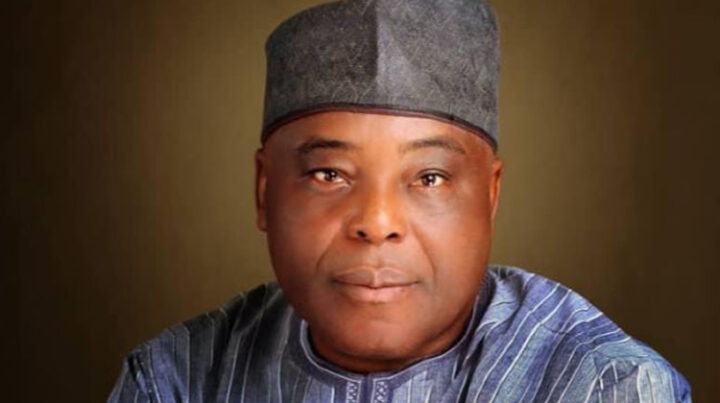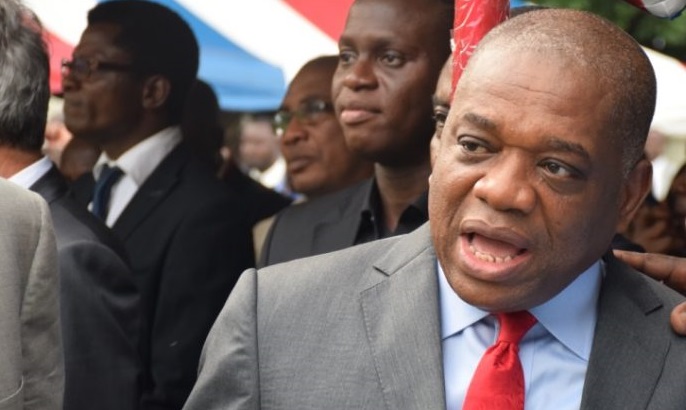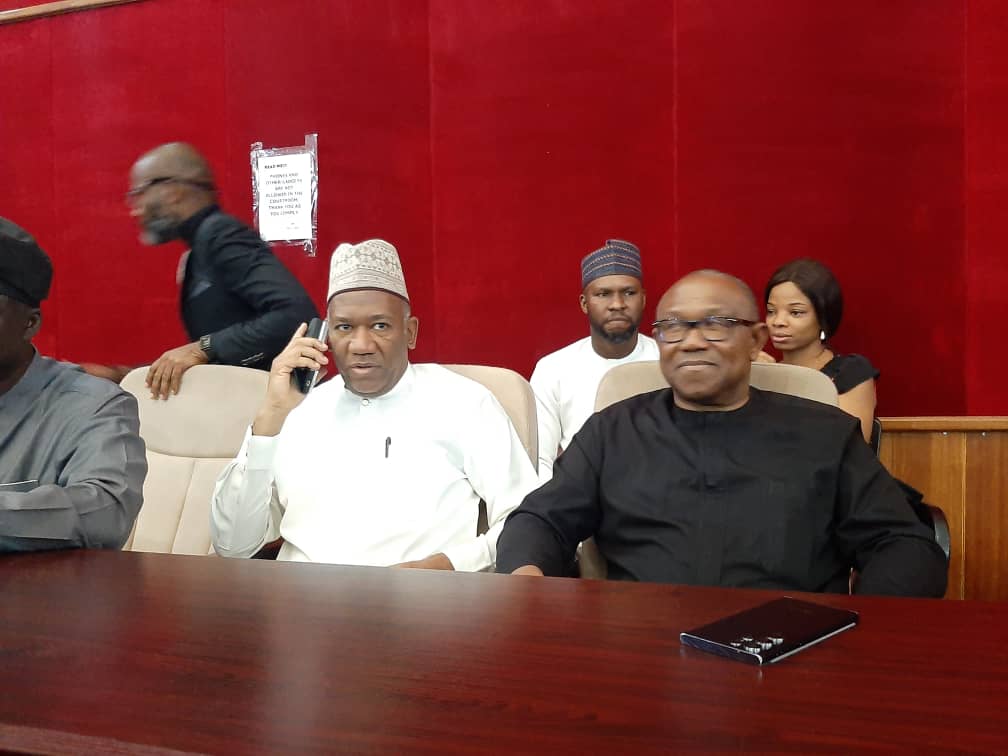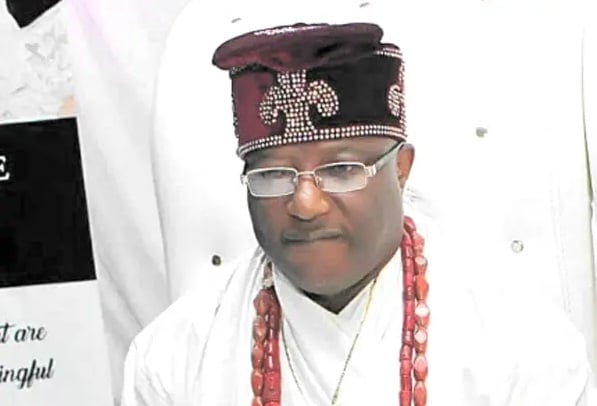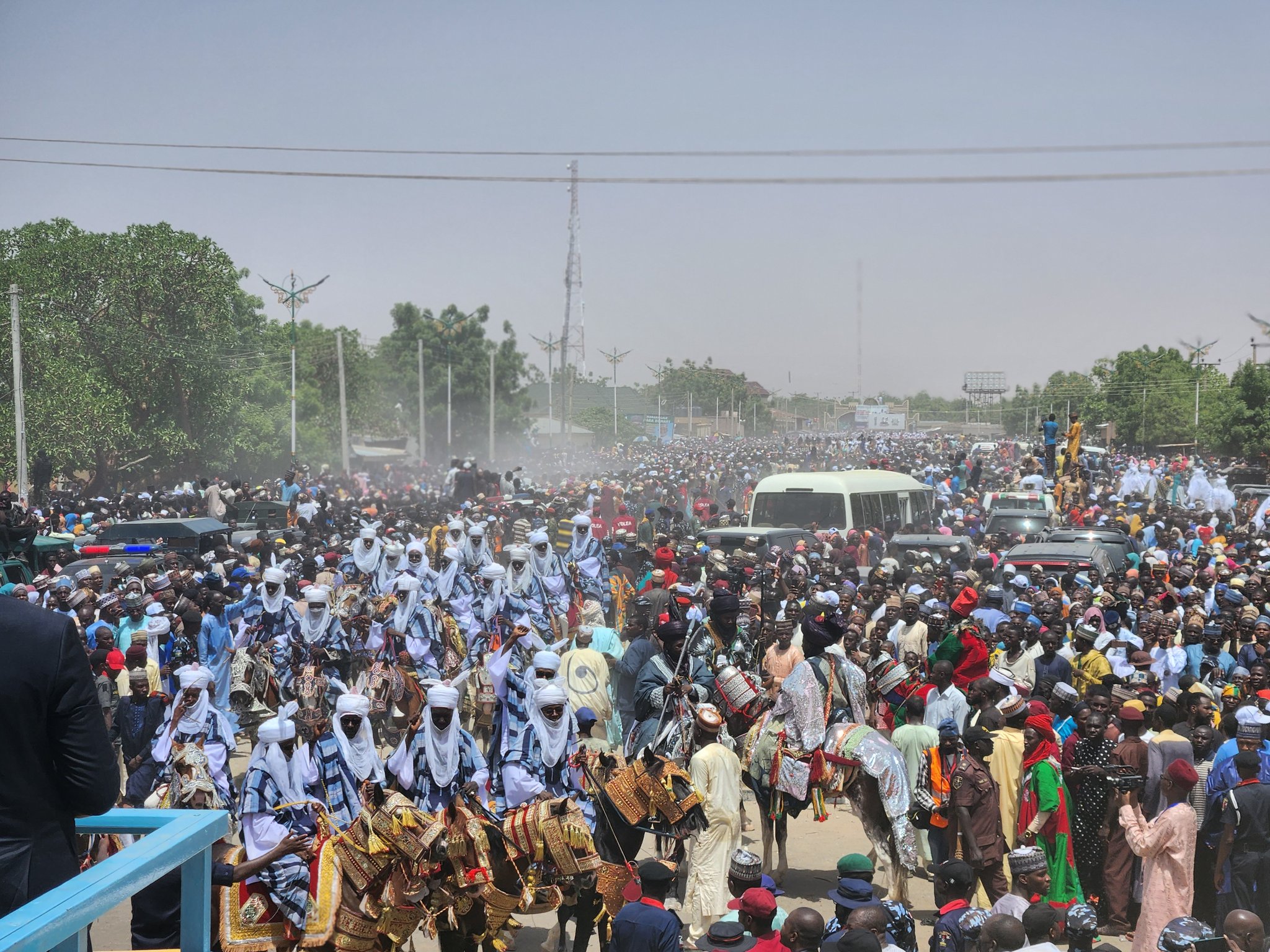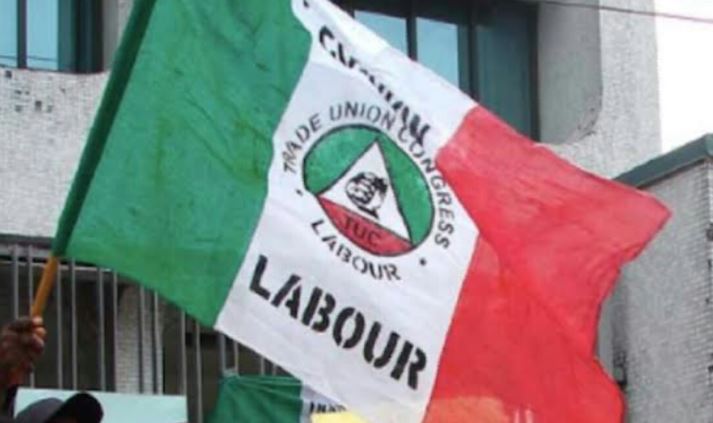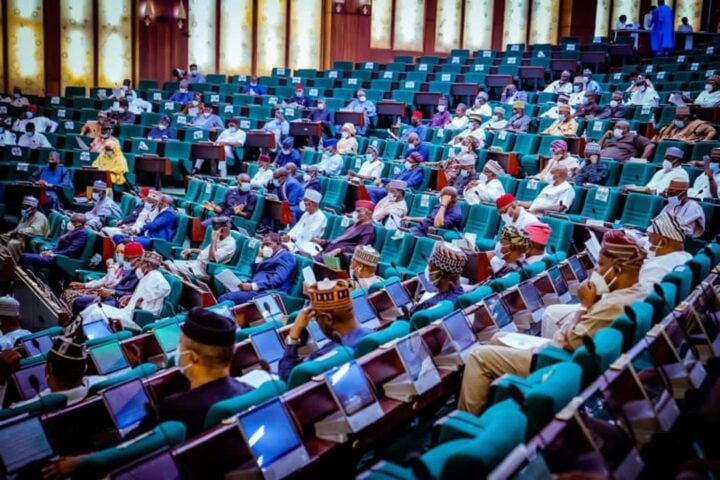The news of Raymond Dokpesi’s death crept upon the nation on the evening of a day Nigeria was celebrating the inauguration of a new democratic leadership. According to Tony Akiotu, group managing director of DAAR Communications, the media mogul had fallen off his treadmill during a routine gym exercise. The fall was worsened by an illness he had been nursing earlier, and Dokpesi died at the age of 71.
Dokpesi was a media magnate who toed the uncharted waves to establish Nigeria’s first private radio station.
He built a media empire that some argued accelerated the popularity and influence of Afrobeats in the early 2000s. A larger-than-life personality who once confessed his weakness for women. A multi-millionaire who loved the clinking of coins as much as he enjoyed the intrigues of politics.
Dokpesi was also a man of weird contradictions: A catholic yet a polygamist; he was also a celebrated media practitioner who had difficulty talking in the early stage of his life.
Advertisement
BORN SICKLY AND PREDICTED TO DIE BEFORE 35
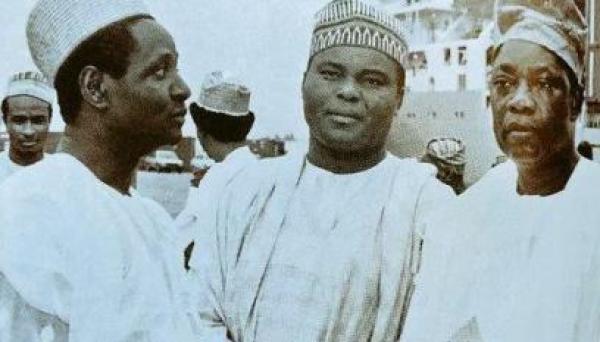
Dokpesi was born on October 25, 1951, in Ibadan, Oyo state. He was born nine years before the independence of the country whose draconian broadcast regulation he would later explore to usher in an era of relative press freedom.
Although his family lived in the south-west, Dokpesi’s parents hailed from Agenebode, a village on the bank of River Niger in Edo state. The soggy soil of the community is rich in history as its neighbouring river is replete with aquatic life. Agenebode was the regional headquarters of the colonial Royal Niger Company and was the capital of Weppa Wanno, an ancient clan whose republican system of administration preceded the arrival of the colonial masters.
Advertisement
Dokpesi was the only son of 13 children. The mother, Alice Aishetu Dokpesi, a petty trader, lost six of her children amid the hazy medical procedures of the time. Even Dokpesi himself almost joined his deceased siblings.
Dokpesi once said he struggled with recurring sicknesses and was “handicapped because I could not talk from the beginning of my life”.
He felt sorry for himself, and the self-loathing and hurt intensified after a friend of his father advised that he should be disposed of as a “never do-well”.
“He [my father’s friend] said, ‘Do you see any child of a northerner succeed, apart from the kola nut they eat, they are never-do-well. I was handicapped, and that was the toughest moment of my life. At that time, I felt highly discriminated against. I felt I was likely to be denied the opportunity to live,” Dokpesi recounted in a chat with journalists in 2021.
Advertisement
“My mother was very helpless at that time, and here I was feeling very sick, unable to communicate freely. And my mother, too, was illiterate. So, here I was, I couldn’t talk, and even when I attempted to write anything, she could not read what I was writing.”
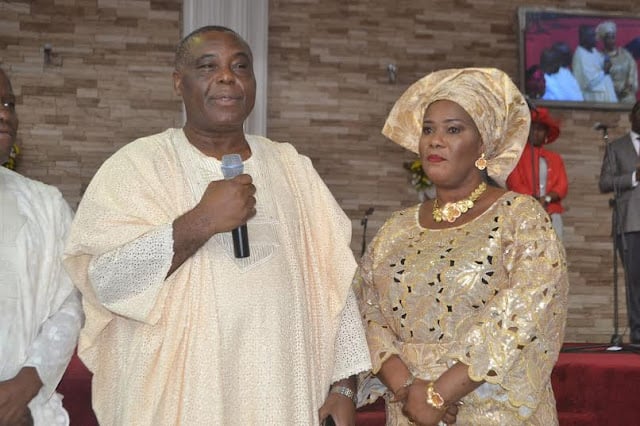
Only after an esoteric exorcism episode did Dokpesi escape his early life condition.
“We went through the bank of River Niger, which was full at that time. We went into a small village, having travelled almost two and a half hours on the river; they called the village Osuneme. I was not given any injections. The people just came up to say I had been poisoned, and people who committed the atrocity were present,” he recalled.
“So, ‘here is water, if you are sure you are not the one responsible for the state of the health of this boy, and say, God, you have seen me.’ And one after the other, my father’s eldest sister, my father’s first wife, the lineage coincidentally were involved. I went into a fit again, where I was rolling and vomited. It was the same water that they were given that was given to me. So, I took that same water and vomited quite extensively different items from my abdomen.”
Advertisement
The torrent of sicknesses had forced a repeated change of schools for him. After starting with Ebenezer African Church School, he was moved to Loyola College, Ibadan, before completing his secondary education at Immaculate Conception College (ICC) Benin City.
Dokpesi became a grantee of an academic scholarship sponsored by the Nigerian Port Authority (NPA) and he proceeded to study marine engineering at the Wyzsza Szokta Morska Gdynia in Poland and the University of Gdansk Sopot, bagging bachelor’s, master’s and doctorate degrees.
Advertisement
While in Poland, he suffered another health scare, but the inspiration of his early life braced him through the storm.
“When I got to Poland, after doing the medical examinations to get into the university, they said I was not going to live beyond the age of 35. So, I collected the results and forwarded them to my father, who kept telling me I should have faith and confidence,” he said.
Advertisement
“One, it was God that created me and God has a defined a mission for me, and he was very sure and optimistic after I went through all those challenges in my early life and I was able to survive and live up to this time.”
RETURN TO NIGERIA AND EARLY YEARS IN POLITICS
Advertisement
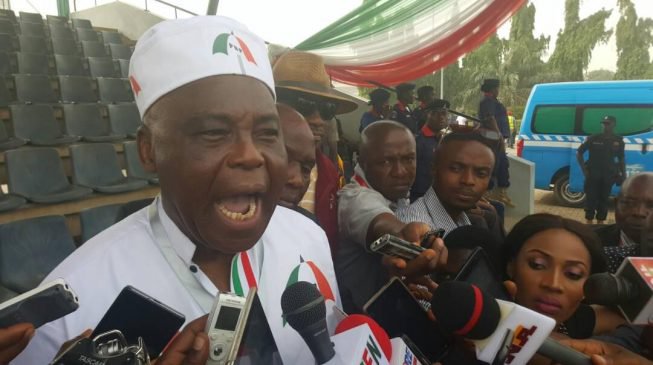
Dokpesi returned to Nigeria in 1976 and worked closely with Bamanga Tukur, a politician and businessman, before a brief stint at the federal transport ministry. He headed the water transport division on secondment from Nigerian Ports Plc (NTCC) from 1978 to 1983.
That same year, he was appointed the chief of staff to Tukur during his tenure as the governor of the defunct Gongola state during the ill-fated second republic.
A year later, he became the managing director of African Ocean Line Limited from 1984 to 1988.
THE BIRTH OF DAAR COMMUNICATIONS
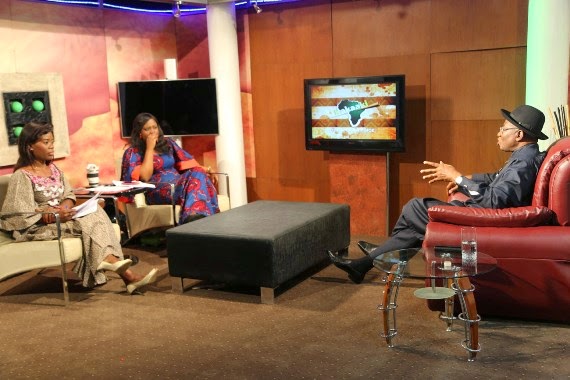
Nigeria’s political elite have always known the influence of the media. As a means of information dissemination, the newspaper was utilised by foremost Nigerian politicians in the struggle to actualise the country’s independence from colonial rule. Aware of the unique power of the media to intensify change, subsequent regimes monopolised broadcast, a newer and even more powerful medium of information dissemination.
The ironclad regulation held sway until the administration of Ibrahim Babangida took away the broadcast medium from the monopolistic grip of the government in 1992.
Nigerian Broadcasting Commission (NBC) Decree No. 38 enforced the deregulation of broadcast media in Nigeria and opened the sector to private players. Dokpesi was the bravest Nigerian to dip his toes in the uncharted wave.
According to Kenny Ogungbe, Dokpesi’s close associate and brother-in-law, RayPower FM, Nigeria’s first private station, went on air officially on September 1, 1994. But the station had already gone test running a few months to that time before it was scared off-line by the military government of Sani Abacha, owing to lack of licence.
“He was into politics then. He was then the director-general for Adamu Ciroma’s presidential campaign. And later, he was Bamanga Tukur’s presidential campaign director-general. I was like his right-hand man. After everything, he asked me what we should do, and I told him, let us do radio,” Ogungbe said.
“We got to the US and he started buying radio equipment. I asked if he had a license, and he replied, ‘Don’t worry’. Before we left America, he ordered the construction of DAAR Communications while we were still in Los Angeles.
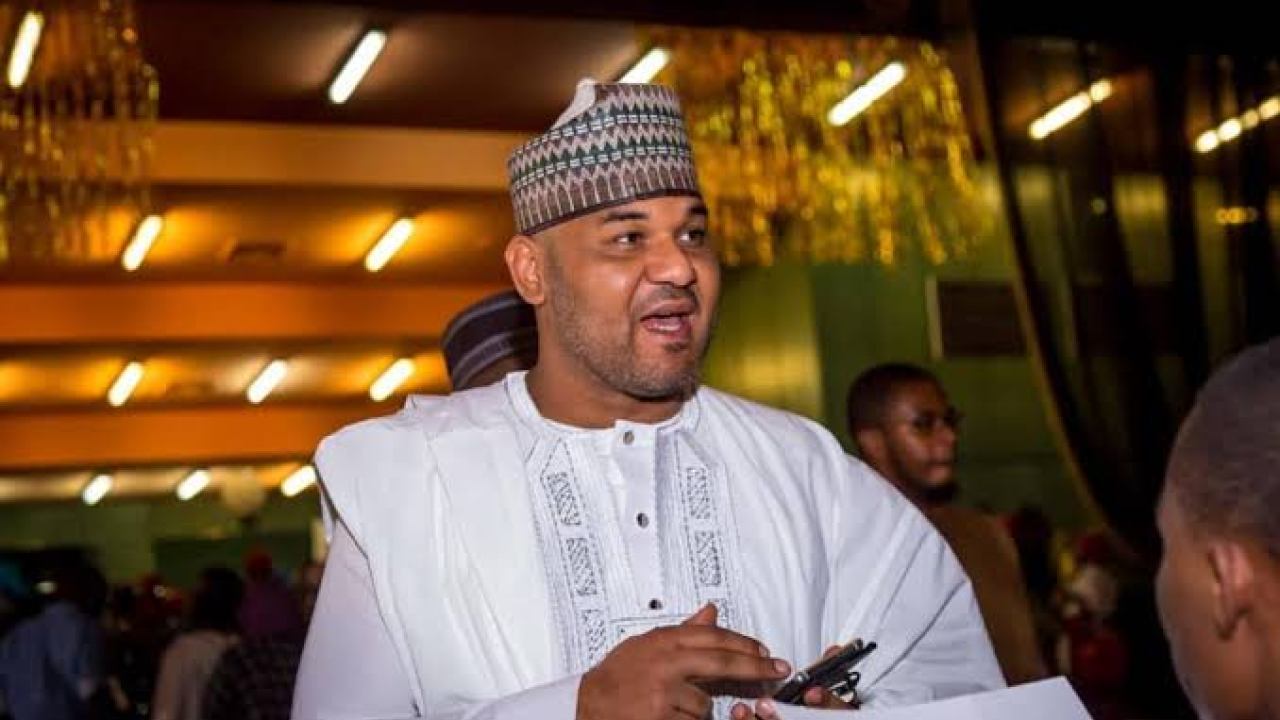
“We did not have a licence yet, but we started broadcasting. And it was during Sani Abacha’s regime. One day, we suddenly heard an NTA news report which warned that ‘there is a radio station broadcasting illegally, off-air or we will deal with you decisively’. We went off the air for six months till August 15, 1994, when we were able to get a license. We fully came on air on September 1, 1994.”
Dokpesi said the establishment of RayPower was to bridge a “lack of proper information” gap created by several government-run radio services.
“I have said that it was a lack of proper information. There was a need to be able to reach the people. Mind you, Raypower started at the height of the Nigerian crisis, during the Abiola saga,” he said in a chat with Punch in 2006.
“At that particular point in time, OGBC was not effective; there was the Federal Radio Corporation, but then, there was a yearning for something new, something fresh, and Raypower was able to come out at that point to meet that need. We had hoped that we would be able to expand and develop rapidly across the country, but unfortunately, there were various blockages and hurdles that were put in our way.”
Two years after the establishment of RayPower, African Independent Television (AIT) was created with more youth-centric appeal with an array of entertainment programmes. The TV station can be credited for accelerating the popularity and influence of Afrobeats culture.
DEEP FORAY INTO POLITICS
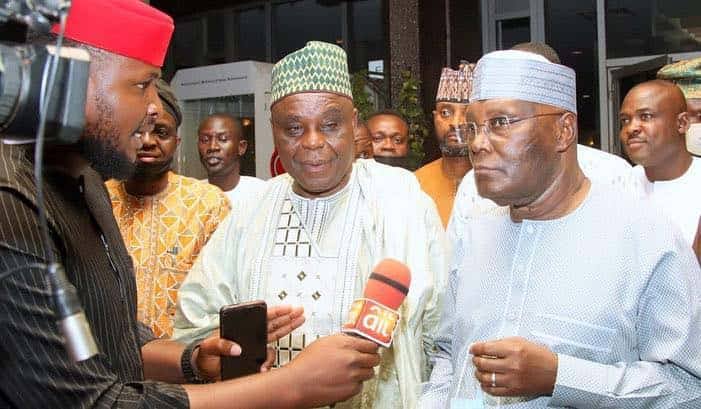
Dokpesi was a chest-thumping, card-carrying member of the Peoples Democratic Party (PDP).
After PDP lost the 2015 presidential election, Dokpesi apologised to Nigerians on behalf of the party for “its past mistakes”.
“We are aware of the errors of the past 16 years. As human beings, we must have made mistakes and could not meet Nigerians’ expectations. For that, we tender an unreserved apology,” he said.
“Make no mistake. The PDP is aware that there were errors made along the way.”
In 2017, he also contested for the party’s national chairman position. A contest he eventually lost to Uche Secondus.
In December 2015, the Economic and Financial Crimes Commission (EFCC) arrested Dokpesi on the allegation of complicity in financial fraud involving the office of the national security adviser (NSA).
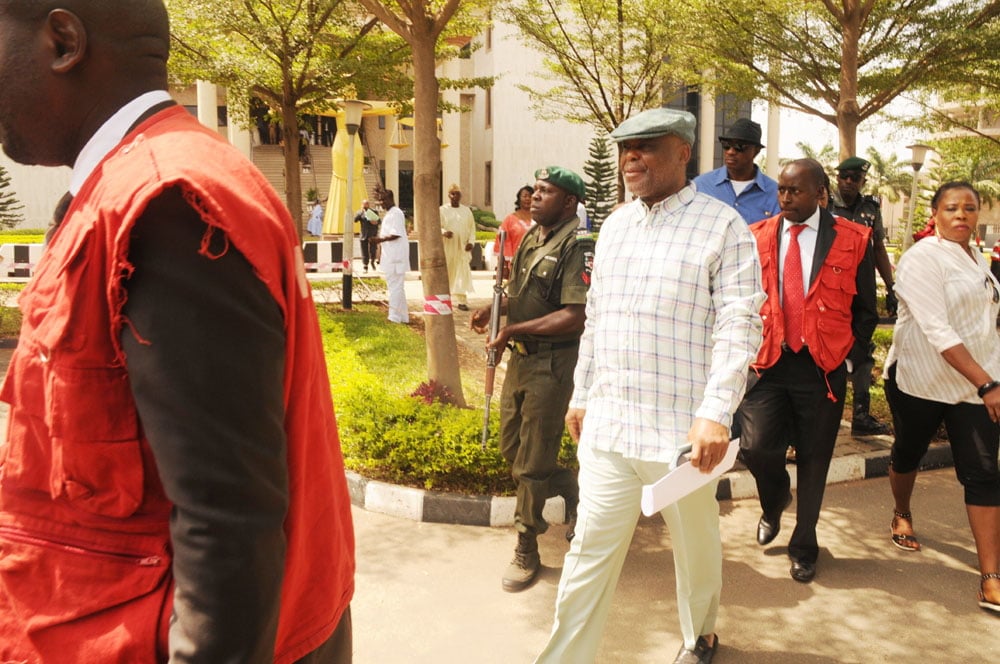
The commission alleged that the media mogul received N2.1 billion from the office of the national security adviser (ONSA) between October 2014 and March 2015 during the tenure of Sambo Dasuki, former national security adviser, for services not rendered.
On November 21, 2018, a trial judge struck out Dokpesi’s no-case submission and ordered him to open his defence.
Aggrieved, Dokpesi approached the court of appeal seeking to upturn the trial court’s decision.
Consequently, on April 1, 2021, Elfrieda Williams-Dawodu, justice of the appellate court, upturned the trial court’s decision and acquitted Dokpesi of all the charges.
During the multi-year legal battle, Dokpesi accused the federal government of mistreating him like “a corrupt and crooked person, a dishonest man and a thief”.
He demanded N5 billion in damages from Lai Mohammed and Abubakar Malami, the then ministers of information and justice, respectively.
The media mogul also asked for a full retraction and apology from all major electronic and print media outlets in the country.
Add a comment
